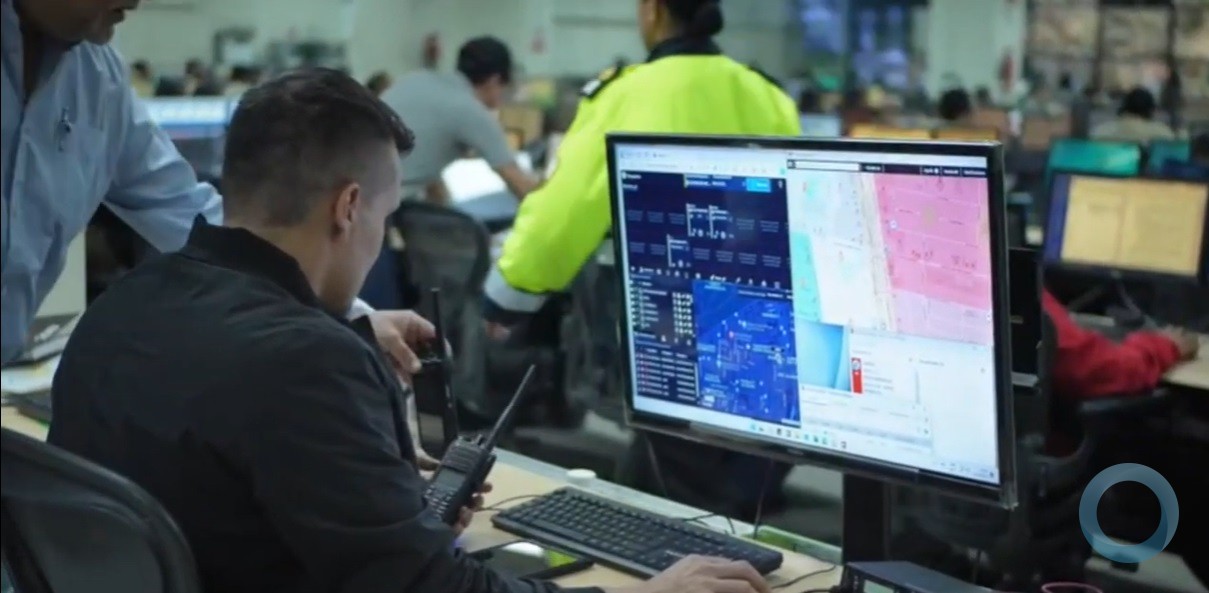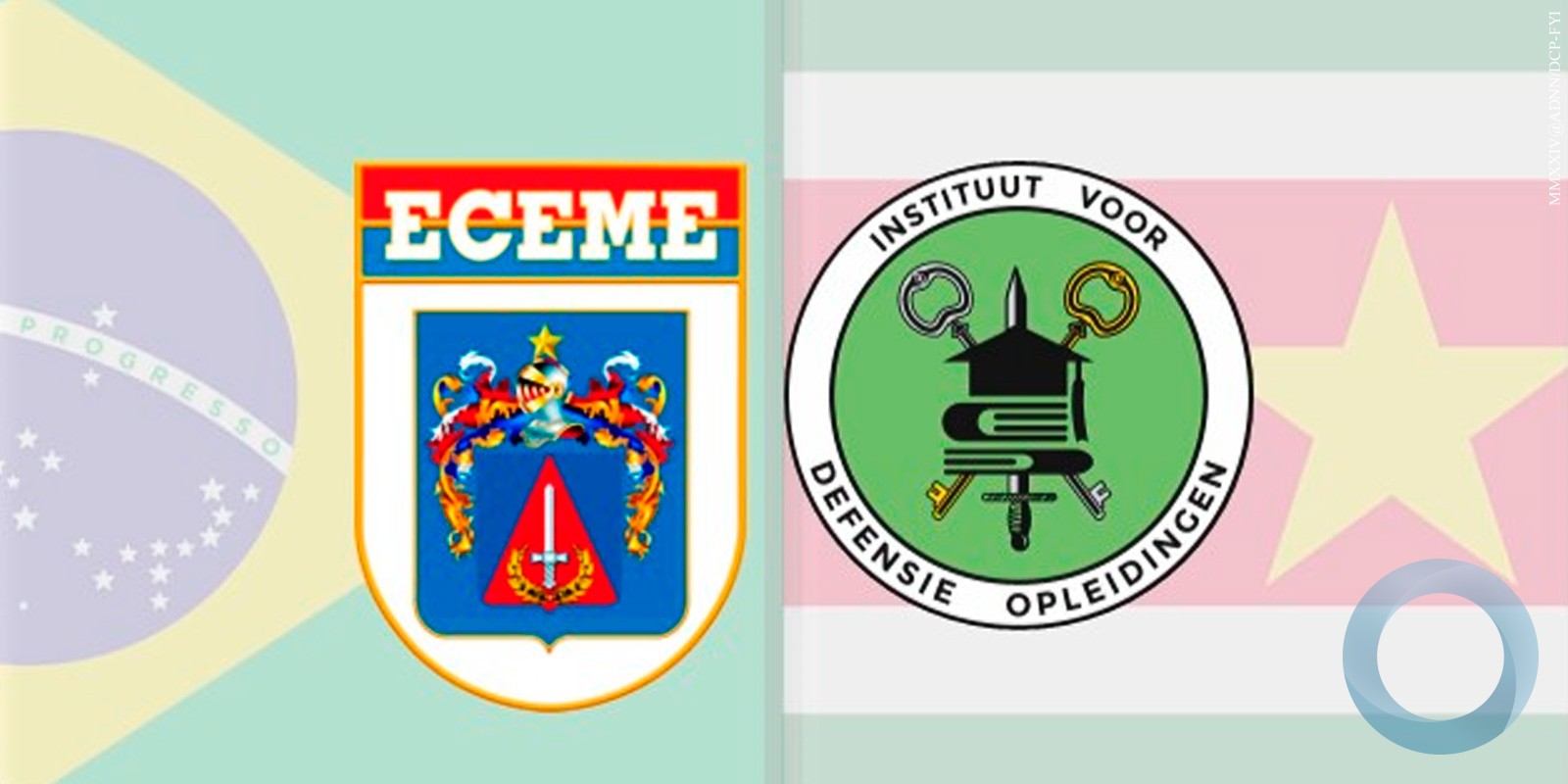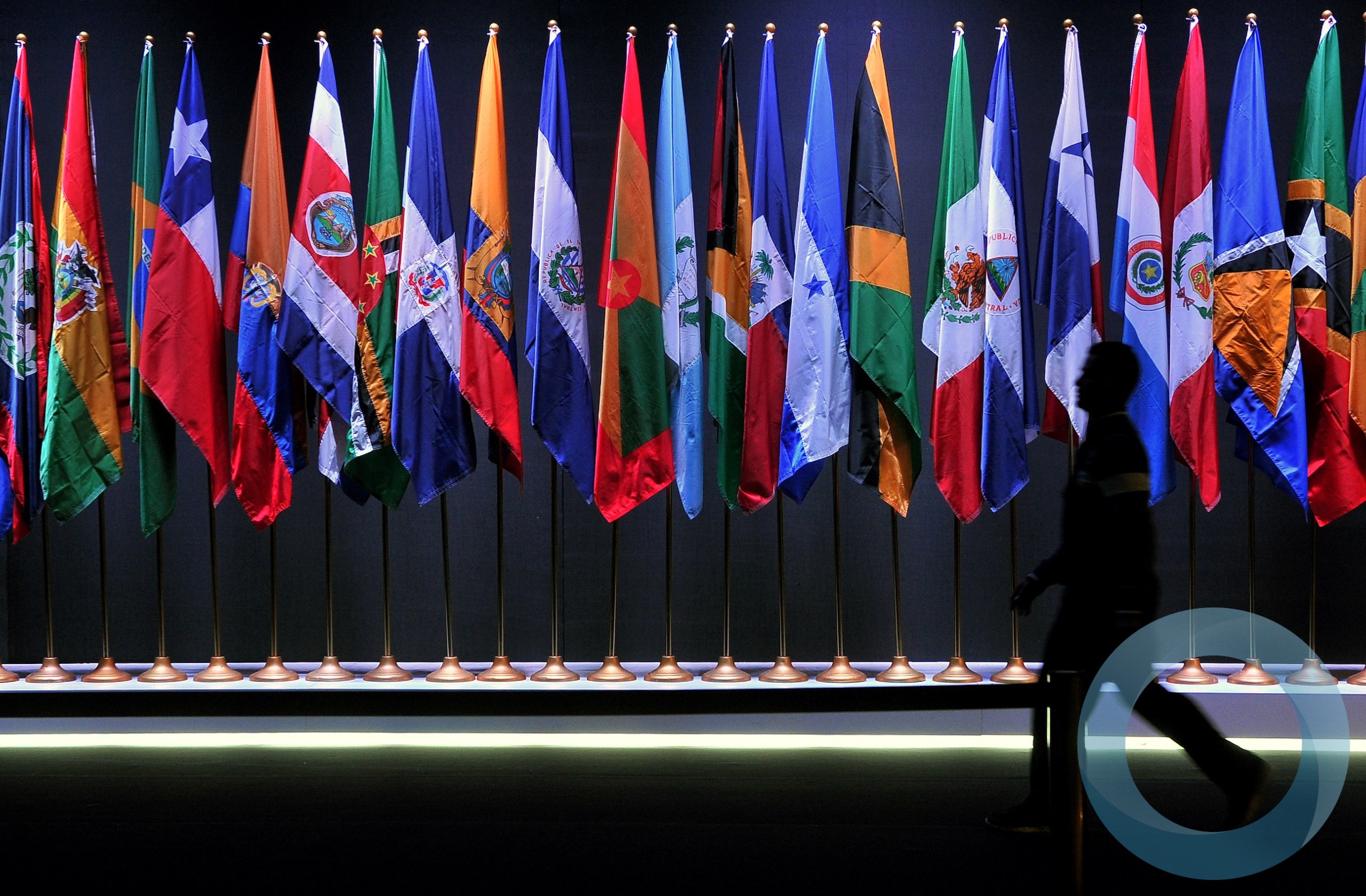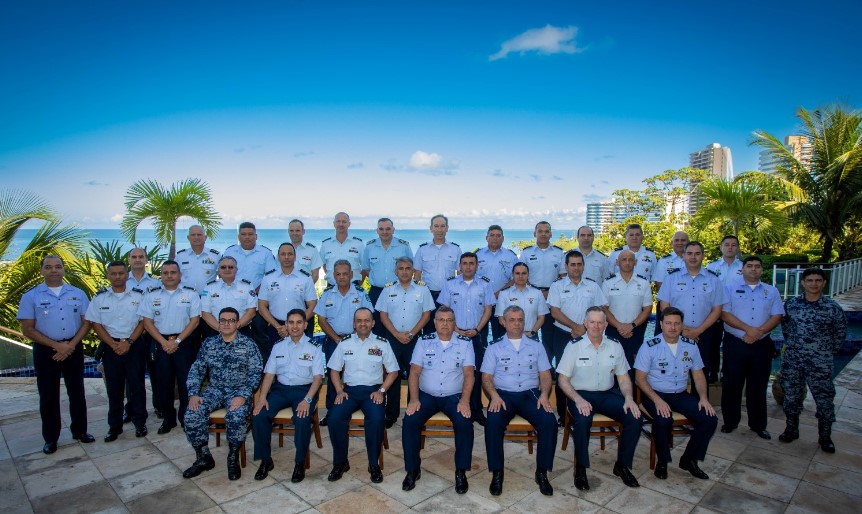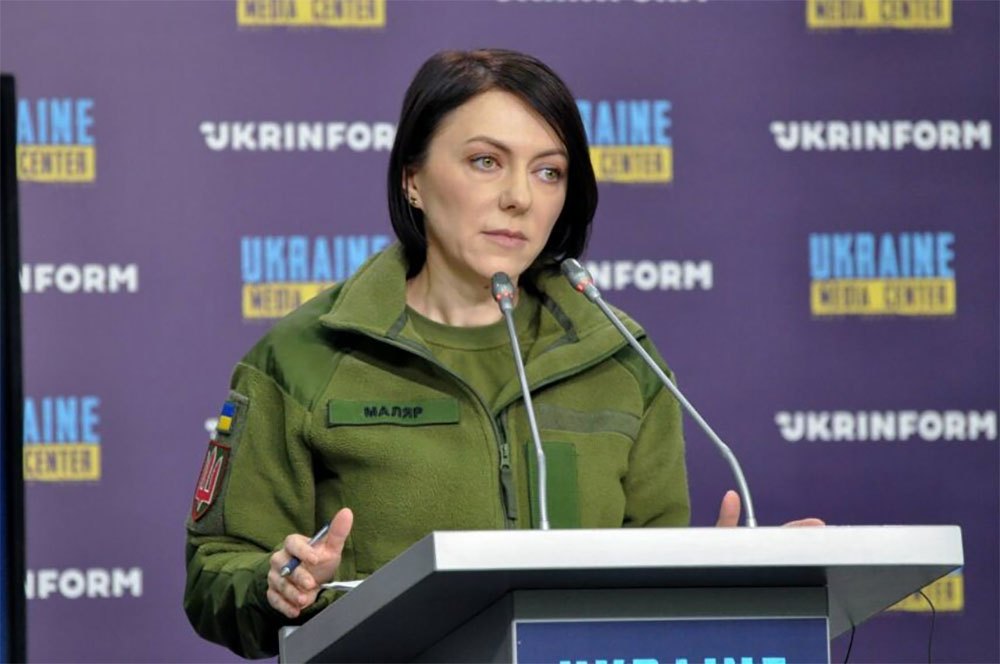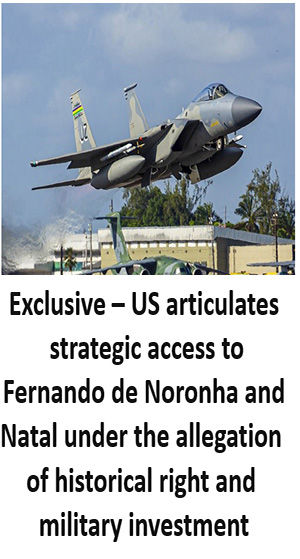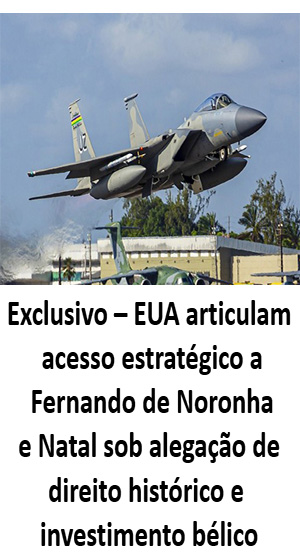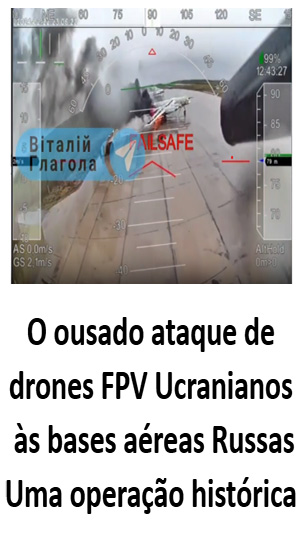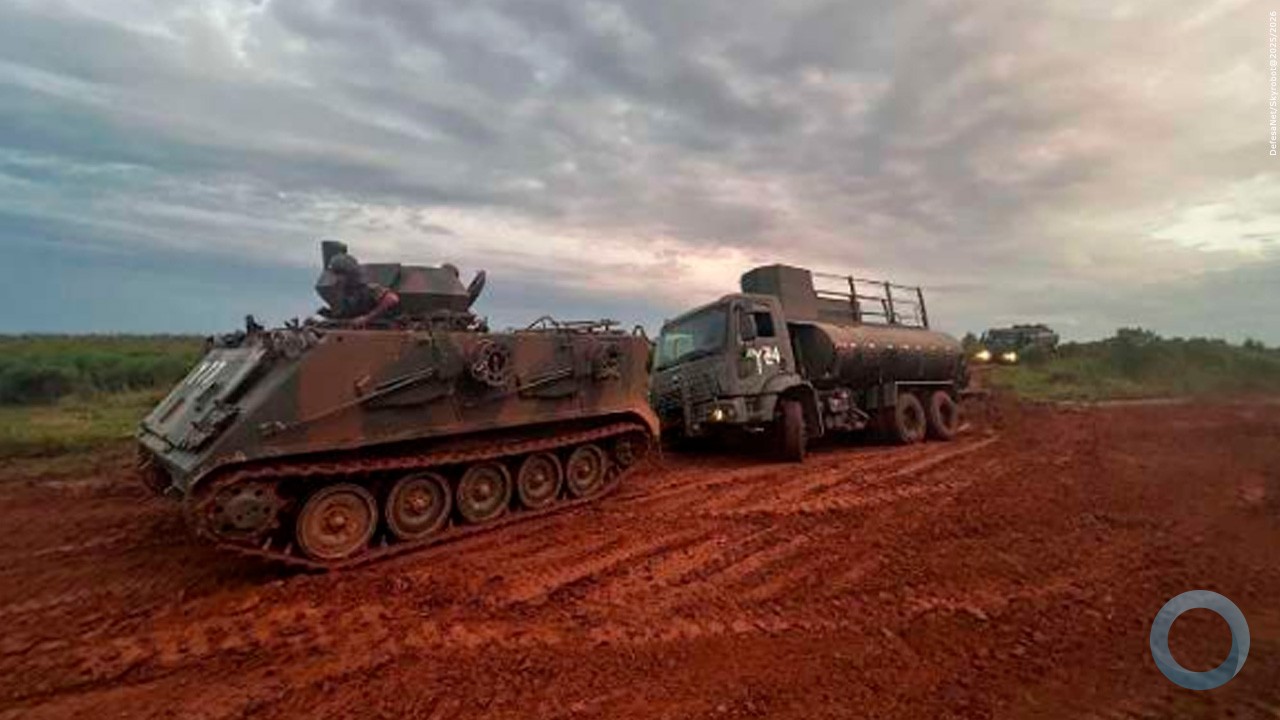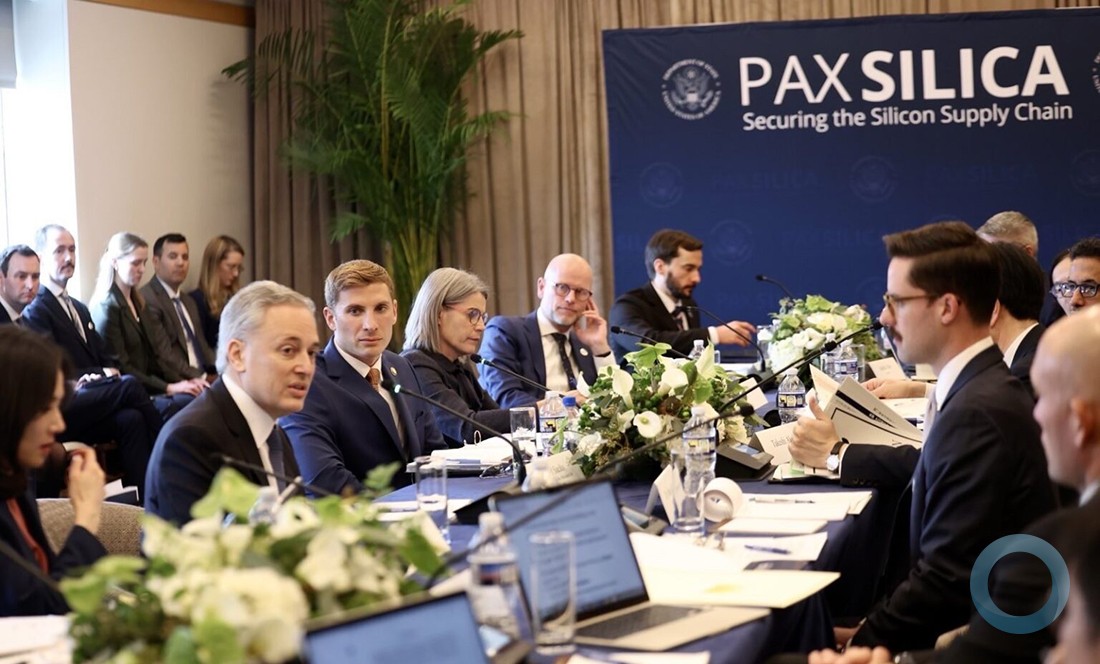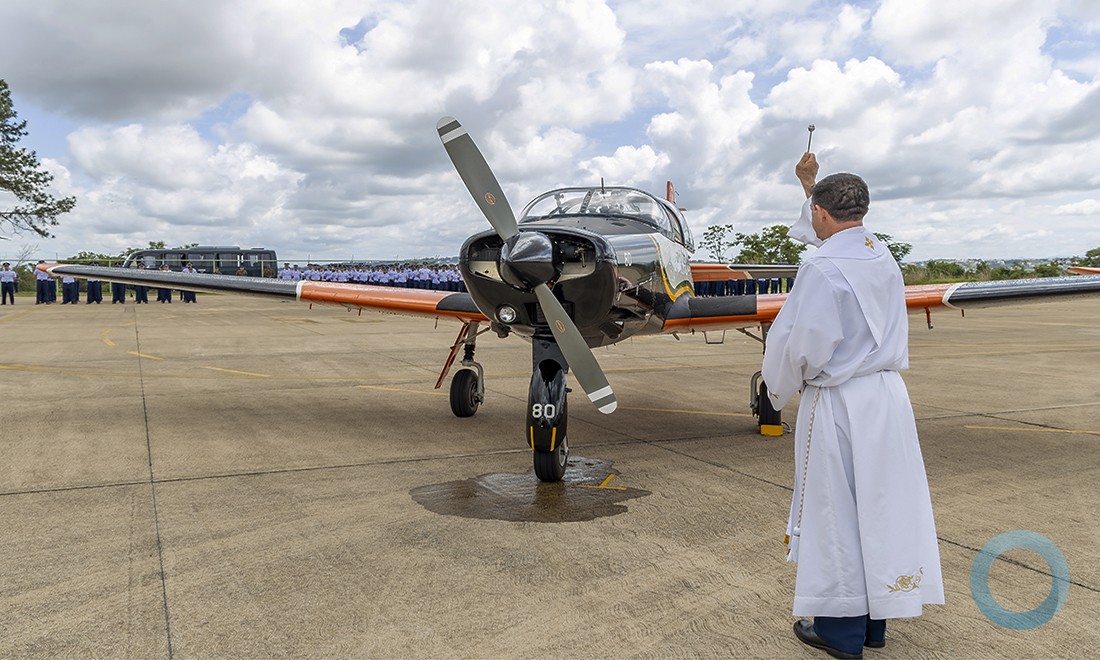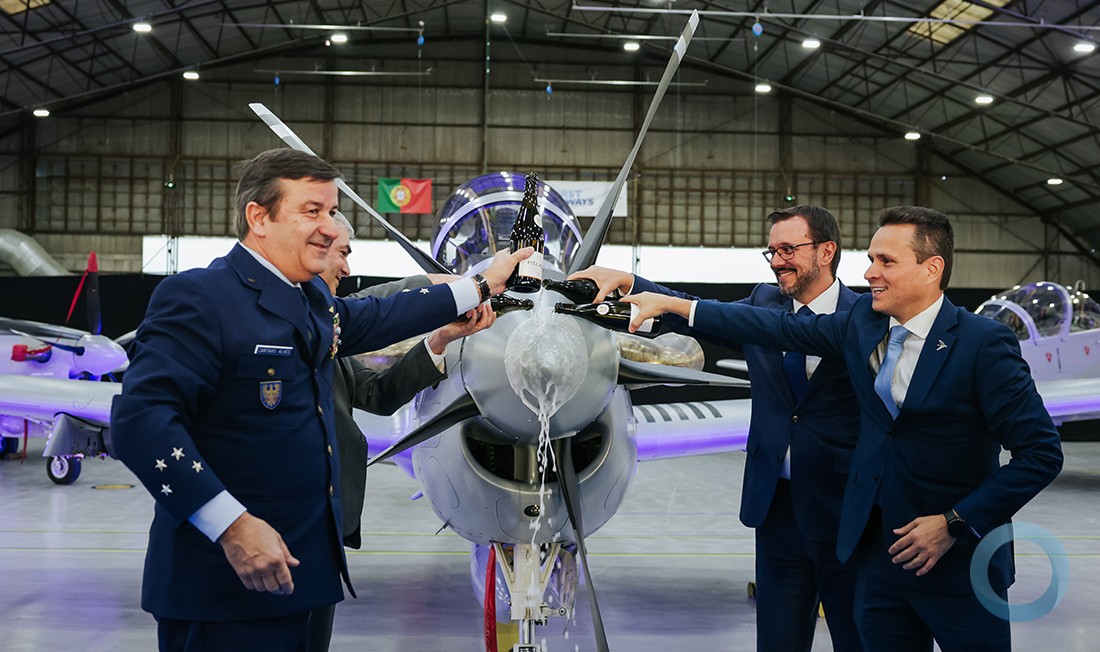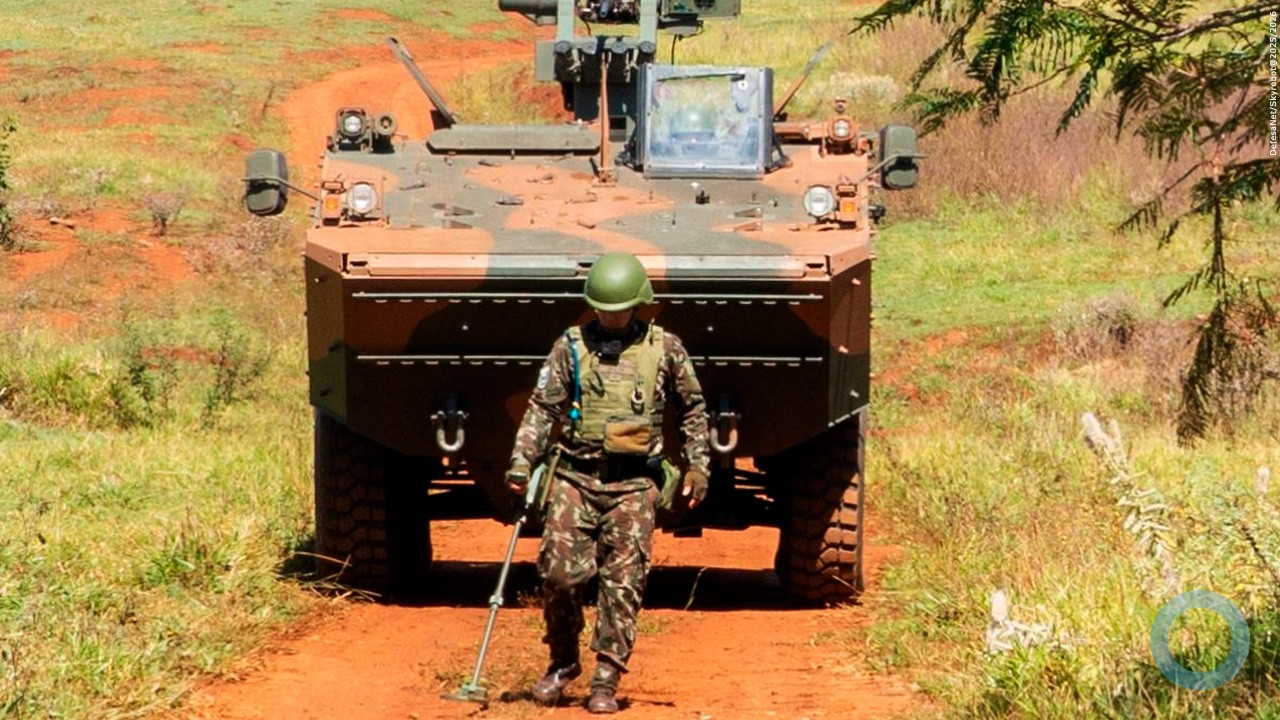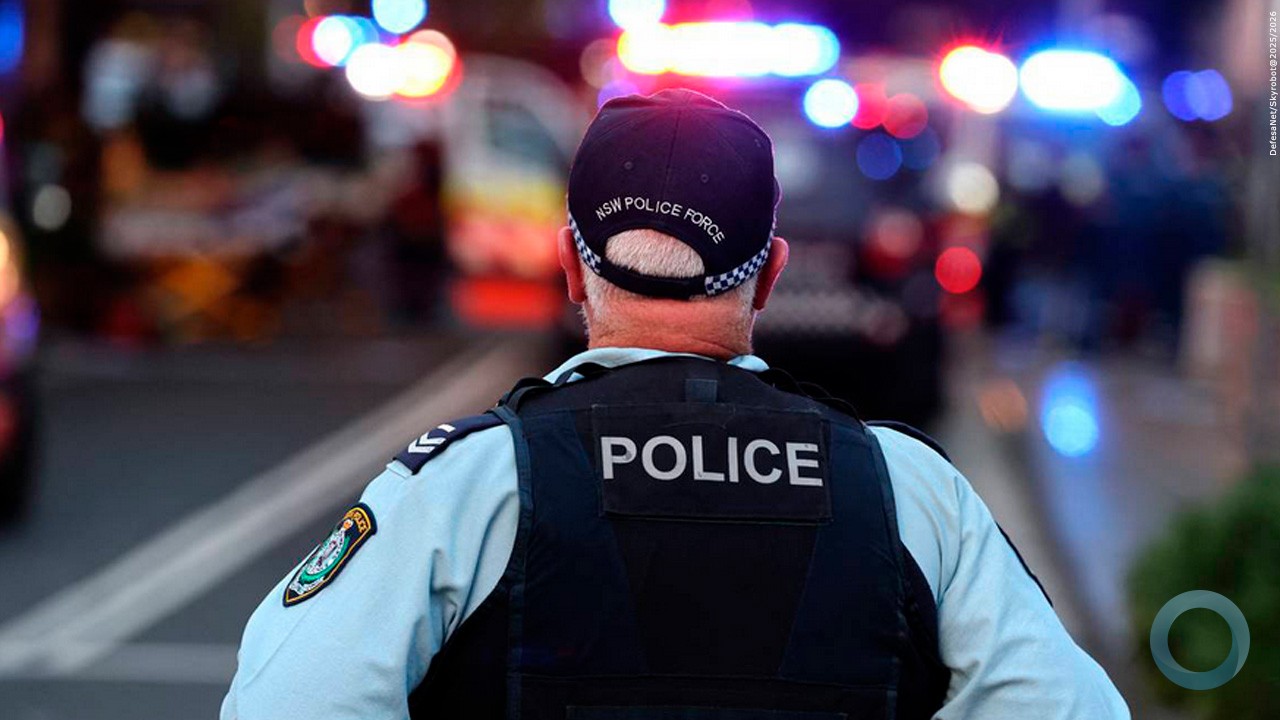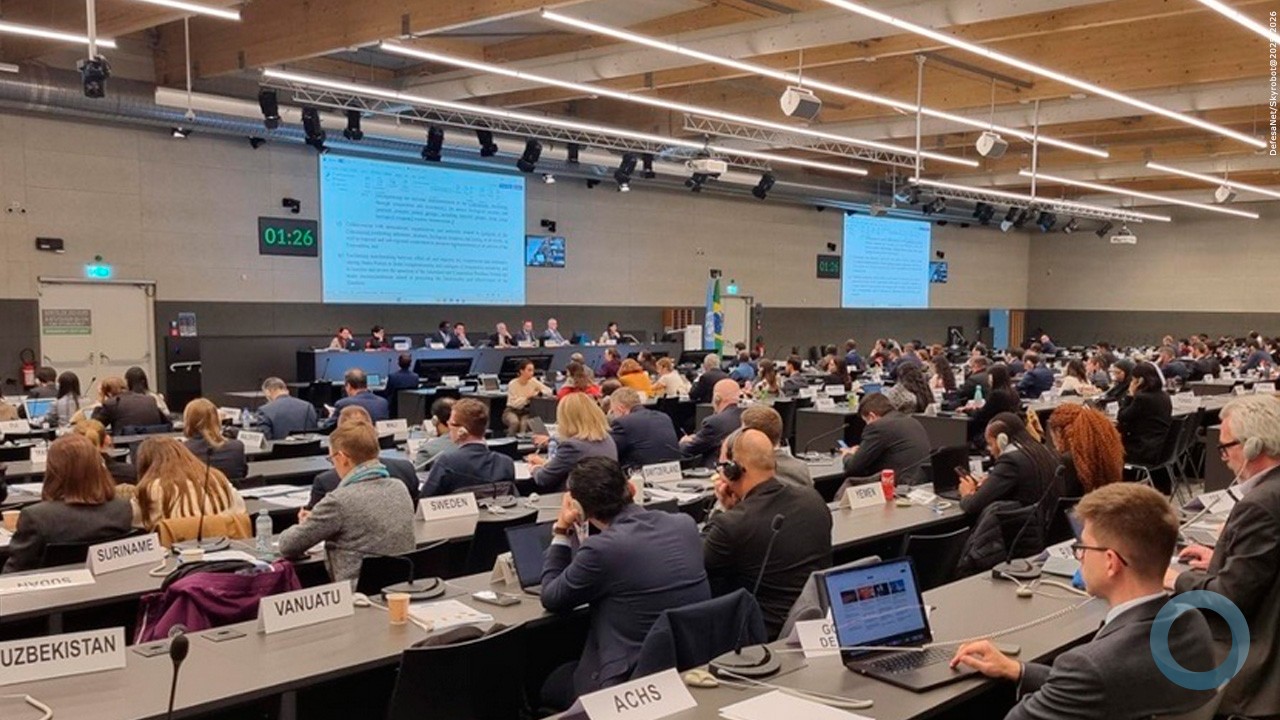Eduardo Szklarz
The Argentine Government has begun a new stage in its relationship with its military.
On August 1st, during the traditional "Comradeship Dinner" in Buenos Aires, Argentine President Mauricio Macri called on the Armed Forces to play a "predominant role" in defeating drug trafficking, uniting Argentines and decreasing poverty.
"We Argentines need our Forces to participate actively because, for us to grow, develop and create employment, there has to be peace and tranquility in the country," he said in a speech during the ceremony.
"And we have to be certain that someone is looking after our borders, our air space, our continental shelf," continued the head of state. "In this stage of growth, we need to be united and participating along with the world. And that is where, you [the military] also have a very important role to play," he added.
"A consistent defense policy is beginning to take shape in the relationship between the Argentine Government and the military," Juan Belikow, professor of International Relations at the University of Buenos Aires, told Diálogo.
The Comradeship Dinner was held in the headquarters of the Argentine Ministry of Defense in Buenos Aires. In his capacity as Commander in Chief of the Armed Forces, President Macri headed the event alongside Defense Minister Julio Martínez and other military and civilian authorities.
Among those present were Brigadier General Bari del Valle Sosa, the chief of the Joint Staff of the Argentine Armed Forces; Brigadier General Diego Luis Suñer, chief of the Army; Vice Admiral Marcelo Hipólito Srur, commander of the Navy; and Brigadier Enrique Víctor Amrein, chief of the Air Force.
Combating drug trafficking
As he had done during his campaign, President Macri also announced that he would be setting aside more of the government's resources for the fight against drug trafficking.
"The current government established the necessity for the Armed Forces to provide logistical support to the police and security forces," explained Belikow.
Police forces include the provincial police, the Argentine Federal Police and penitentiary services. Security forces, in turn, include forces that have military training, but whose function is policing: the National Gendarmerie (which patrols the borders), the Airport Security Police, and the Naval Prefecture (Coast Guard).
"The Armed Forces' logistical support includes the provision of helicopters, radar and sensor capabilities, and the transportation of police-force leaders operating under the jurisdiction of the judiciary," said Belikow, noting that the Armed Forces don't have direct confrontation functions in these types of operations.
One of the key logistical support areas is the strengthening of Operation Northern Shield, which was created in 2011 to stop crimes like drug trafficking, contraband smuggling, and human trafficking. The original plan, which was never implemented, called for installing radar and using planes, helicopters, trucks, four-wheel ATVs and 6,000 troops from the Gendarmerie and Prefecture along the northern border, where drug planes from Bolivia and Paraguay enter the country, according to Belikow.
Last January, President Macri issued a decree extending Northern Shield for one more year, "until such new and more efficient security measures can be implemented for the ground, river and air spaces."
Argentine Blue Helmets
During the dinner, the President also highlighted the Argentine military's "professionalism" in United Nations peacekeeping missions.
"The Blue Helmets are a source of pride for Argentina," he said, noting that 75 Argentine soldiers will oversee the peace process between the Colombian Government and the Revolutionary Armed Forces of Colombia (FARC).
"It is important to have Armed Forces that are capable of contributing to Argentina's integration in the world," concluded the head of state.







